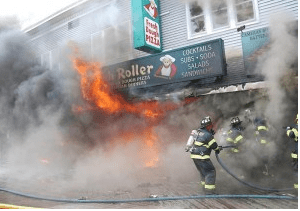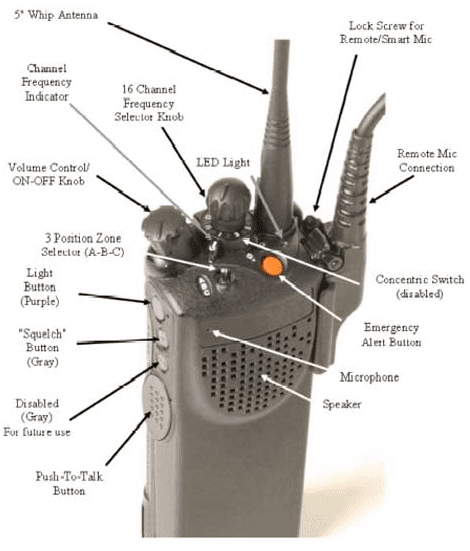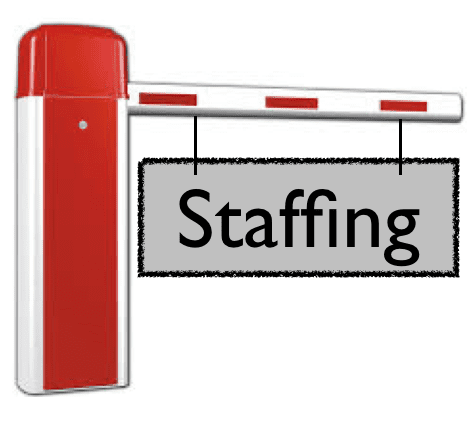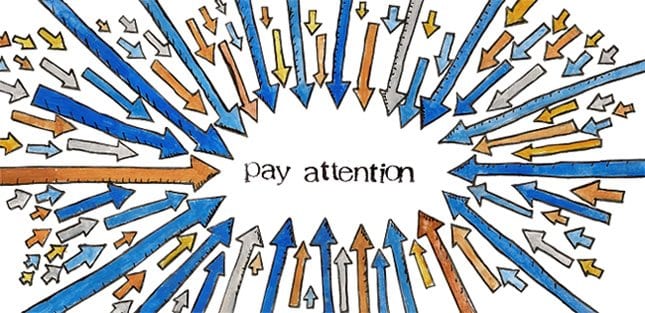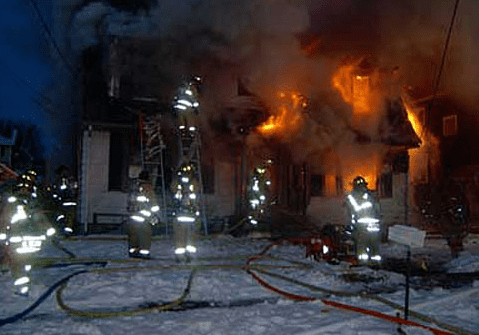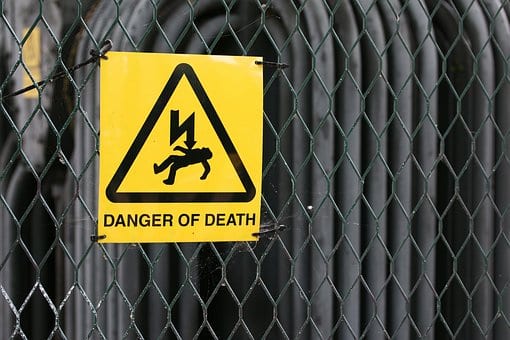Multitasking Impacts Situational Awareness
If a picture is worth a thousand words, a live demonstration may be worth ten thousand words. In a recent situational awareness and decision making class, I was explaining to the participants the science behind why humans are such poor multitaskers. Of course, when I do this there is always someone in the class who, […]
Multitasking Impacts Situational Awareness Read More »


